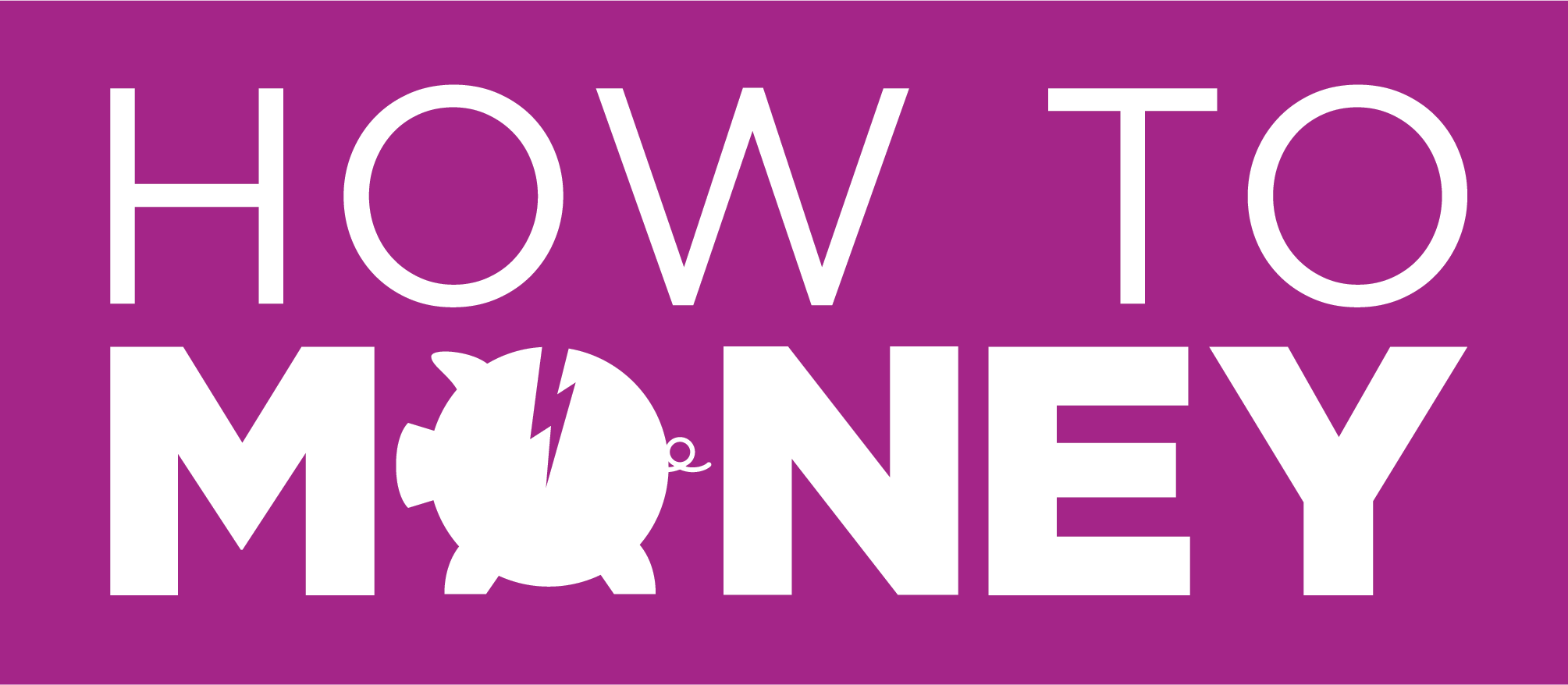
What is a Share?
So what exactly is a share? (Shares are also called equity, and in America, in this case, they refer to them as a stock, hence the word stock market.)
Essentially a share is the evidence of ownership, of part of a company. A small company may have just 2 shares — both owned by the owner of the firm, or if there are two partners — they may have one share each. In this case, each share represents half the value of the company, and many private companies start like this.
As the company grows and takes on more partners or owners, they may choose to issue more shares. Shares in this situation are private company share and can be traded and exchanged between owners, employees, and investors. These private company shares are not available to the general public to invest in.
ASX Listed Shares
However often when we hear the term ‘share’ we think of shares listed on the Australian Stock Exchange (ASX). This is a market which allows companies to list their shares, so members of the public can buy and sell these publicly listed company shares. BHP and CBA are examples of publicly listed shares on the ASX, and there are approximately 2400 companies listed on the ASX – so plenty for people to choose from.
You can buy these publicly listed shares through a broker, here’s a good resource to find a broker. So if you were, for example, to buy 100 BHP shares, you would then own a tiny fraction of the firm. Small as this fraction may be — you are now a registered shareholder.
Once a company is listed the price is determined by the market — based on the value of the company, and investors expectations for the company’s growth. Keep in mind that the share price does not necessarily correlate with the value of the company, and there are many factors that influence the share price.
So what does this ownership give you?
Firstly, the right to receive a dividend if one is declared by the directors of the firm, as all ordinary shares receive the same dividend amount per share. For the BHP example, the dividend per share for the last 6 months paid 52.94 cents at the end of September 2017, and they’ve just recently announced an upcoming distribution in March (as shown below).

One share also entitles you to one vote at the annual general meeting, and the right to receive annual reports (but nowadays this information is available to all online). The company’s website is well worth reading before becoming a shareholder.
Another important reason for many investors to buy shares is the possibility that they may go up in value. So again using our BHP example, perhaps you bought BHP shares for $24 each last year with the hope or expectation that they would go up in value.
Since BHP is currently sitting up around $31 per share, you may consider selling them now for the increase in value. However these shares can just as easily go down in price, and you then have to decide whether to hold or sell. If your BHP shares went below $24 per share, you would then face losing your capital or the original investment, especially if you then decide to sell.
There is nothing guaranteed in the share market.
To summarise this — equity means part ownership of a company, and you participate in the company’s ups and downs. This is different from company debt — which is a loan to the firm, but we’ll discuss that an upcoming post.
Susan — HTM Podcast Co-Host
Susan has been working in the financial training industry in Australia for the last 30 years and has experience in banking, treasury and risk management. Susan also runs her own financial consulting business and has an active interest in investment markets.
Want to learn more about money and personal finance? Check out our article archive, the How To Money Podcast and the Australian Finance Podcast. Catch us on Twitter @HowToMoneyAUS and Instagram on @HowToMoneyAUS.
Important Information
The information on this blog and website is of a general and educational nature only. It does not take into account your individual financial situation, objectives or needs. You should consider your own financial position and requirements before making a decision, as we are not an advisory service. We recommend you consult a licensed financial adviser in order to assist you. The information is based on assumptions or market conditions which can change without notice, and this will impact the accuracy of the information provided. This website and blog occasionally provide links to third-party sites, aimed at helping you gather the information required to make an informed decision — we may receive payment for these referrals.






